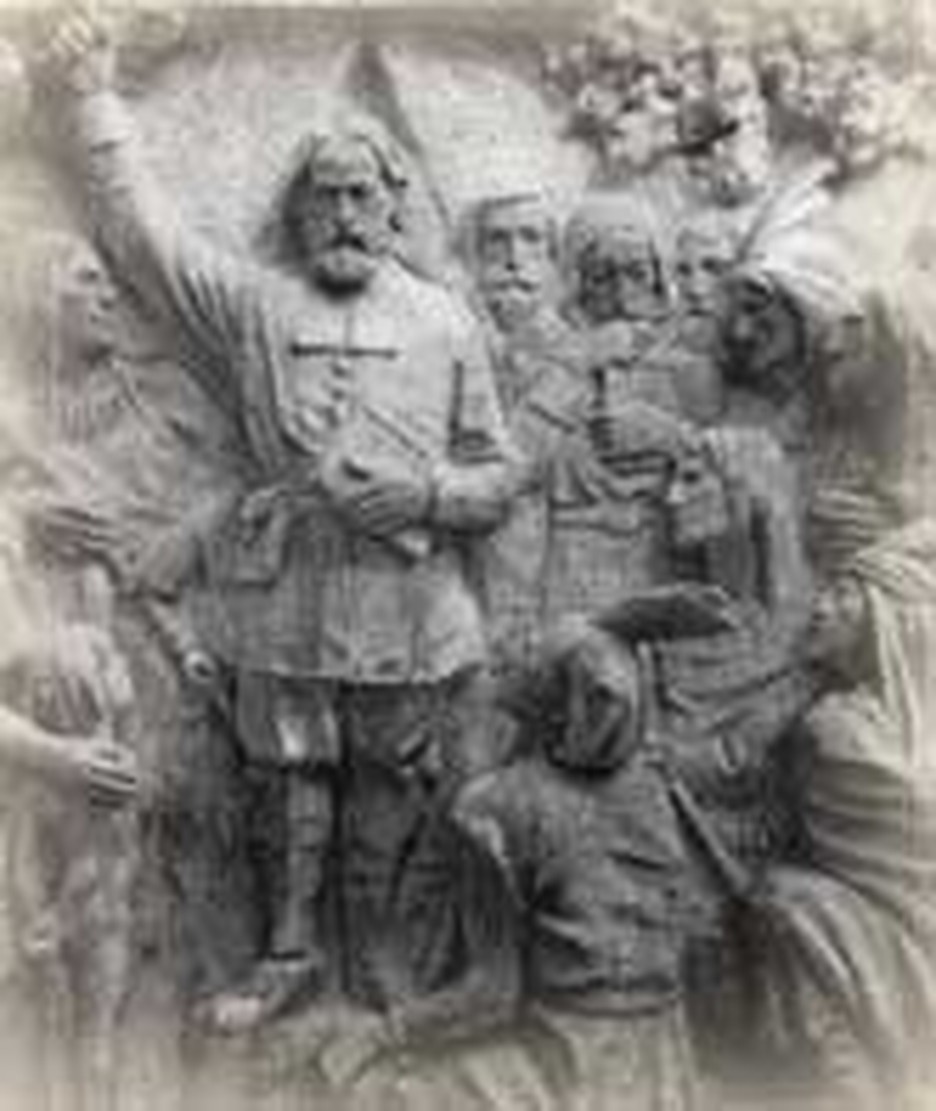
I am old, ready to be gone, and desire to leave as many books as I can," wrote John Eliot on this day, August 29, 1686, to his English sponsor, Robert Boyle. Eliot had gone to the Indians of Massachusetts as a preacher, learned their language, created its alphabet and translated the Bible into it.
Now he was old and the Bibles were tattered. The Indians so loved the Old Testament that they had worn out all their copies . John Eliot wanted to edit and reprint the book, the loving labor of his life. The Society for the Propagation of the Gospel in New England said "No." Reprint the New Testament and Psalms. Any more was too expensive. Let the natives learn English.
Eliot pleaded against this decision. Then he took decisive action. Receiving an unexpected gift from an English supporter (it was far less than the amount needed for the Old Testament, but he trusted the rest would come from somewhere) he took the whole sum to the printer and ordered the work to begin. Later his conscience smote him. What right did he have to defy the Society which had so long supported him? He spoke to the Boston commissioners.
Greatly to his surprise, these men decided he was right. If the Society did not defray the cost, they'd see the printer got paid. The commissioners wrote to England for him and obtained consensus to continue the work. Eliot was grateful. He had labored nine years on the revision, pleading all the while for a new edition. Now he could feel his life had not been wasted.
Still, he had much to do. He was about to print his Practice of Piety and to redo an Indian language Catechism and Primer. He had not much time left, for his strength was failing.
John Eliot had been active in the affairs of Massachusetts colony from his arrival in 1631. In addition to raising a large family, he pastored, taught, wrote many books, took part in various public events (such as the trial of Anne Hutchinson), learned the Massachusetts language, and reached out to the Indians whom everyone said should be evangelized but whom no one else did much about. For this he is called the Apostle of the Indians.
He did not convert a large proportion of the Algonquins despite translating the Bible for them. Those few formed Christian villages. Regrettably, most of them were wiped out during King Philip's War. They found themselves between two sides. The other Algonquins butchered them as traitors and the whites, who did not see them as brothers in Christ, massacred them in their hatred of the Indians who were warring on them.
Bibliography:
- Byington, Ezra Hoyt. The Puritan as Colonist and Reformer. Boston: Little, Brown, 1899. Source of the image.
- Kunitz, Stanley. American authors, 1600-1900: a biographical dictionary of American literature. New York : The H. W. Wilson company, 1938.
- Massachusetts Historical Society. "The Historical Account of John Eliot, the First Minister of the Church in Roxbury. Collected from manuscripts, and books published in the last century. By one of the members of the Historical Society." Collections of the Massachusetts Historical society, Volume VIII. Boston: Munroe & Francis, 1802.
- Vaughan, Alden T. "Eliot, John." Encyclopedia of American Biography. Edited by John A. Garraty. New York: Harper and Row, 1974.
- Winslow, Ola Elizabeth. John Eliot; Apostle to the indians. Boston: Houghton Mifflin, 1968.
Last updated April, 2007.



